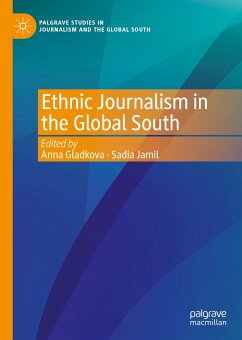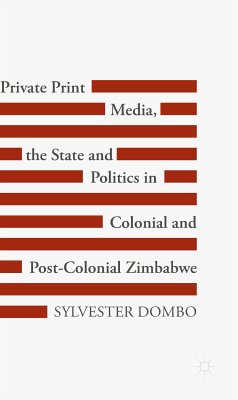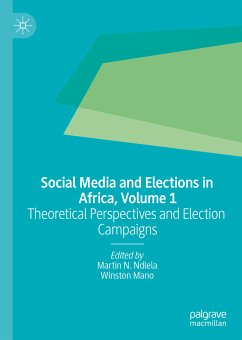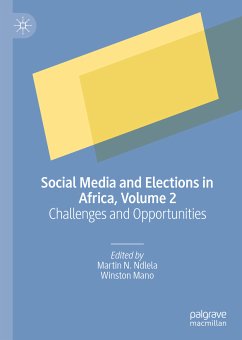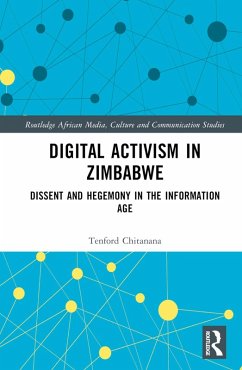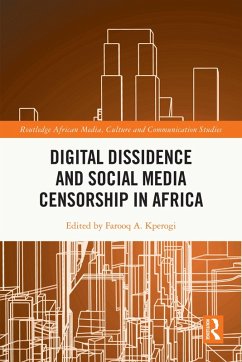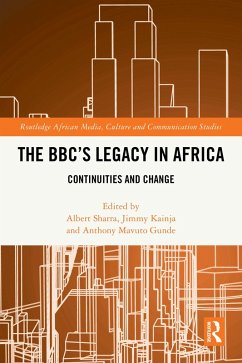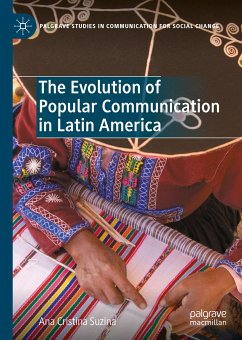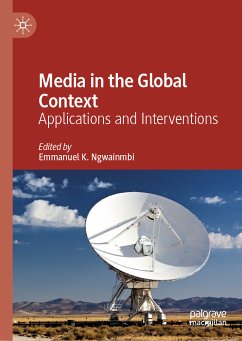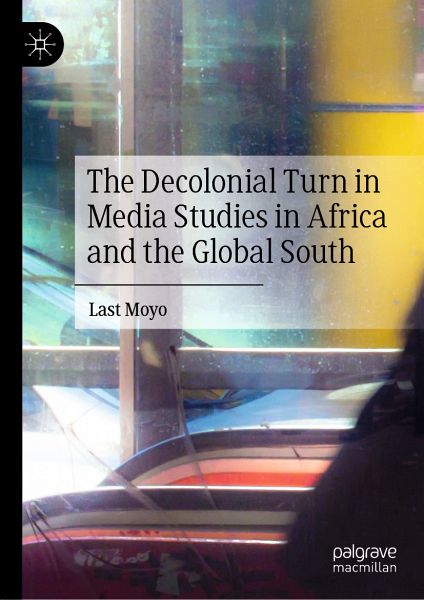
The Decolonial Turn in Media Studies in Africa and the Global South (eBook, PDF)
Versandkostenfrei!
Sofort per Download lieferbar
72,95 €
inkl. MwSt.
Weitere Ausgaben:

PAYBACK Punkte
36 °P sammeln!
This book develops a nuanced decolonial critique that calls for the decolonization of media and communication studies in Africa and the Global South. Last Moyo argues that the academic project in African Media Studies and other non-Western regions continues to be shaped by Western modernity's histories of imperialism, colonialism, and the ideologies of Eurocentrism and neoliberalism. While Africa and the Global South dismantled the physical empire of colonialism after independence, the metaphysical empire of epistemic and academic colonialism is still intact and entrenched in the postcolonial...
This book develops a nuanced decolonial critique that calls for the decolonization of media and communication studies in Africa and the Global South. Last Moyo argues that the academic project in African Media Studies and other non-Western regions continues to be shaped by Western modernity's histories of imperialism, colonialism, and the ideologies of Eurocentrism and neoliberalism. While Africa and the Global South dismantled the physical empire of colonialism after independence, the metaphysical empire of epistemic and academic colonialism is still intact and entrenched in the postcolonial university's academic programmes like media and communication studies. To address these problems, Moyo argues for the development of a Southern theory that is not only premised on the decolonization imperative, but also informed by the cultures, geographies, and histories of the Global South. The author recasts media studies within a radical cultural and epistemic turn that locates future projects of theory building within a decolonial multiculturalism that is informed by trans-cultural and trans- epistemic dialogue between Southern and Northern epistemologies.
Dieser Download kann aus rechtlichen Gründen nur mit Rechnungsadresse in A, B, BG, CY, CZ, D, DK, EW, E, FIN, F, GR, HR, H, IRL, I, LT, L, LR, M, NL, PL, P, R, S, SLO, SK ausgeliefert werden.



